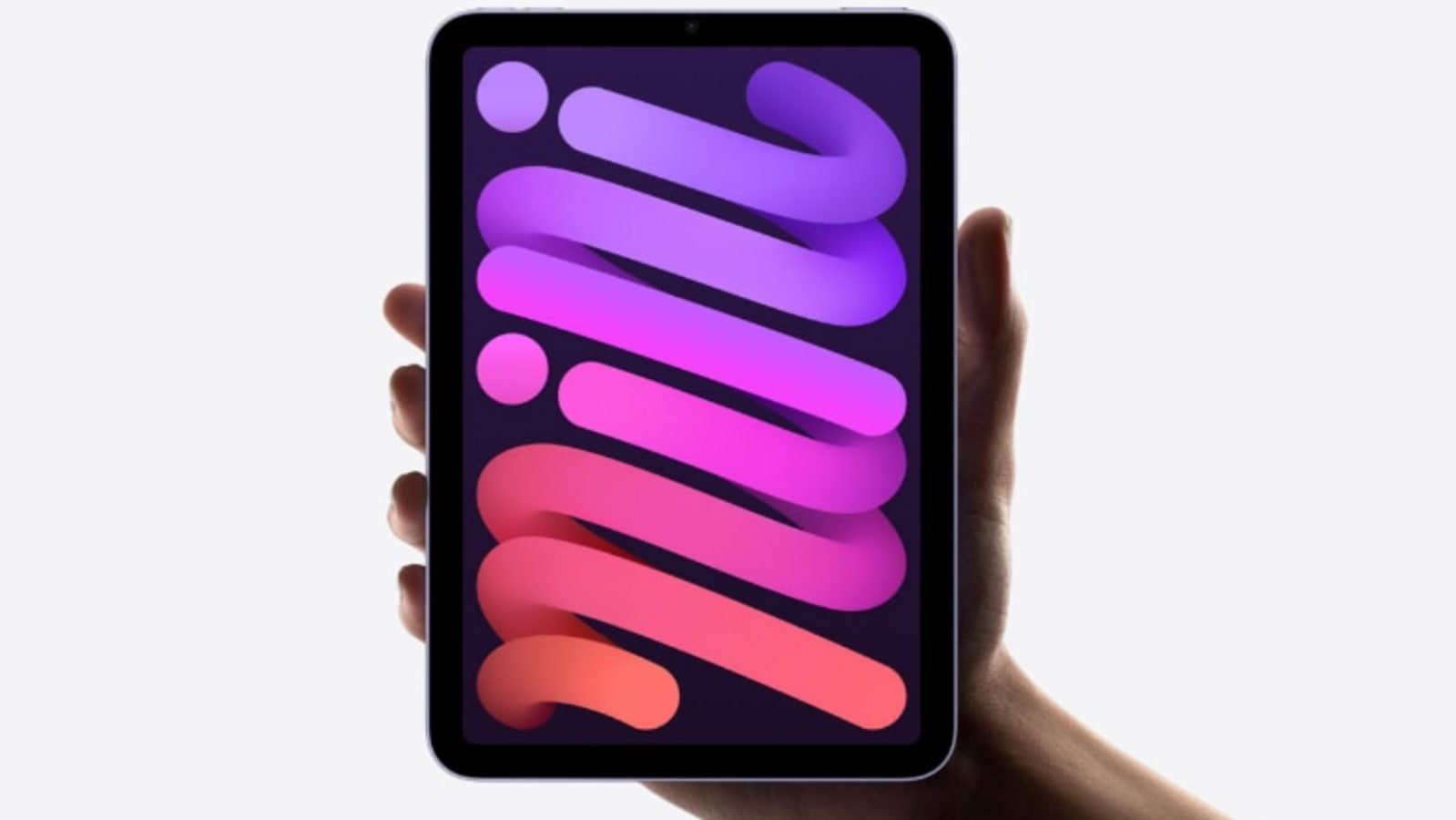
Several questionable resellers of mobile phones, many in high crime areas in Sydney, Adelaide Melbourne and Brisbane are set to hit by Australian Federal Police Officers following the smashing of a so called “unhackable” ‘Ghost’ mobile network used by criminals. The resellers who sold the customized devices that were used to plan murders and drug deals and by criminals inside jails, were exposed after police started investigating a 32-year-old young mastermind who built a network from his parents Sydney home selling the devices to criminals via a network of resellers. Korean, Jay Je Yoon Jung, 32, lived at home with his parents in Western Sydney.
He is set to appear in Court later today accused of building the encryption communication platform “Ghost” that has been operating for nine years and used by outlaw motorcycle gangs including the Hells Angels, Mongols, Comancheros and Finks as well as Middle Eastern organised crime gangs, Italian organised crime syndicates and Korean organised crime gangs. He drives a black high-end Mercedes, worth over $300,000 new. At this stage it’s not known what handsets were being customised to run the unique OPS customised software.

The tip off to the AFP that smartphones used by criminals were coming out of Sydney came from the European Union’s law enforcement arm, Europol, who set up a taskforce to bring down the network, in 2022. They alerted the AFP that the Administrator of the network appeared to be in Sydney. To infiltrate Ghost the AFP, set up Operation Kraken, with their tech operators engineering a virus-like program to get it into the Administrator’s computers.
According to information set to be provided to prosecutors, Jung was selling the customised devices for about $2350 through a select group of “resellers”. At this stage it’s believed that 600 devices have been sold to criminals. AFP officers claim that the resellers are experienced criminals or have insights into gangs and what they want to buy for their criminal activities.
It’s understood that the resellers vetted new users before they were sold a Ghost phone. It’s believed that criminals are the only users of the devices. 400 of the Ghost mobiles were used in Australia with the rest used by overseas criminals.
Currently than 700 police are beating down the doors of users of the “Ghost” network with raids are looming in Europe and North America according to the AFP. Jay Je Yoon Jung was known as karaoke-singing individual. He has since been charged with assisting a criminal organisation, dealing with suspected criminal money over $100,000 and cryptocurrency offences.
Police claim the man, Jay Je Yoon Jung, is the architect and “Administrator” of Ghost, and that his arrest is sending the underworld scrambling for safe harbour. AFP Officers claim that he is allegedly the enabler-in-chief of the criminal gangs peddling drugs in Australia. Among his nearly 400 current domestic customers, police claim, are Australia’s home-grown bikie gangs, but also Middle Eastern organised crime groups, Italian crime families and Korean gangs.
Police allege that each time he sent out an update, a back-up of the messages was copied to the AFP, leaving more than 125,000 exchanges from the last six months now in the hands of law enforcement. Back in March, when AFP technical experts found a way to infiltrate the platform, they allegedly uncovered at least 50 threats to kill or harm individuals as well as information on violent crimes, money laundering and drug trafficking. AFP Assistant Commissioner Kristy Schofield said most of the threats to kill took place in Sydney.
The arrest of Jung is set to affect criminal networks in the USA, Canada, Italy, Sweden, and Ireland. Ghost bragged about security, describing itself as an “encrypted communication service of the future”. Crucially, it was running on decentralised networks with post-quantum encryption which he thought could not be hacked by law enforcement.
Added layers of security, auto-deleting messages, voice disguises, pseudonym usernames and remote-wiping meant even seized phones could be of little use. Jung is expected to face court on Wednesday in Sydney..














